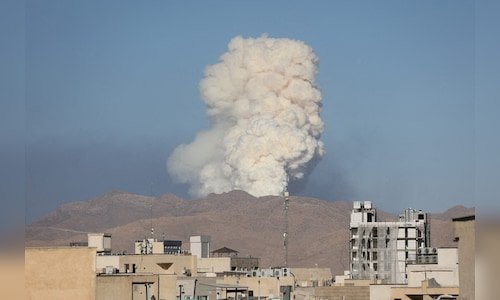Zahack Tanvir, Middle East expert and founder of The Milli Chronicle, said that a major reason both sides agreed to the truce was fear over the fallout of a potential closure of the Strait of Hormuz. “If Iran tries to close the Strait of Hormuz, it would be hitting its own economy,” he noted, adding that key Gulf nations like Saudi Arabia and the UAE were deeply worried about economic disruption.
Former Indian diplomat Deepak Bhojwani said that while the ceasefire appears to be holding for now, its longevity is uncertain. “Unless Israel is determined to go rogue on President Trump, I think the ceasefire will hold. For how long, we don’t know,” he said. Trump had publicly lashed out at both Israel and Iran, warning them to abide by the ceasefire and telling Israel, “Bring your pilots home, now!”
Both experts agreed that while Israel is more likely to stick to the ceasefire, Iran’s future actions remain unpredictable. Tanvir remarked, “I personally believe that Israel as a state will adhere to it, but Iran won’t,” citing Iran’s nuclear programme as being driven not only by political but also spiritual motives.
Israel, meanwhile, declared that it had achieved its goals under “Operation Rising Lion.” Bhojwani, however, warned that Israel’s broader objective goes beyond military victories. “It wants to dominate West Asia, starting from Iran westward,” he said, adding that Israel has already consolidated power across much of the Arab world, where reactions to the conflict have been largely muted.
Bhojwani also criticised what he called “double standards in international law,” pointing out that Israeli Prime Minister Benjamin Netanyahu has been called an international criminal by the ICC, just like Russian President Vladimir Putin, but has not faced the same level of global condemnation. “The US has gone so far as to sanction four ICC judges. This is the world we live in today,” he said.
He concluded that both Iran and any potential Arab resistance have been severely weakened, giving Israel a significant strategic edge in the region.
Watch accompanying video for entire discussion.





